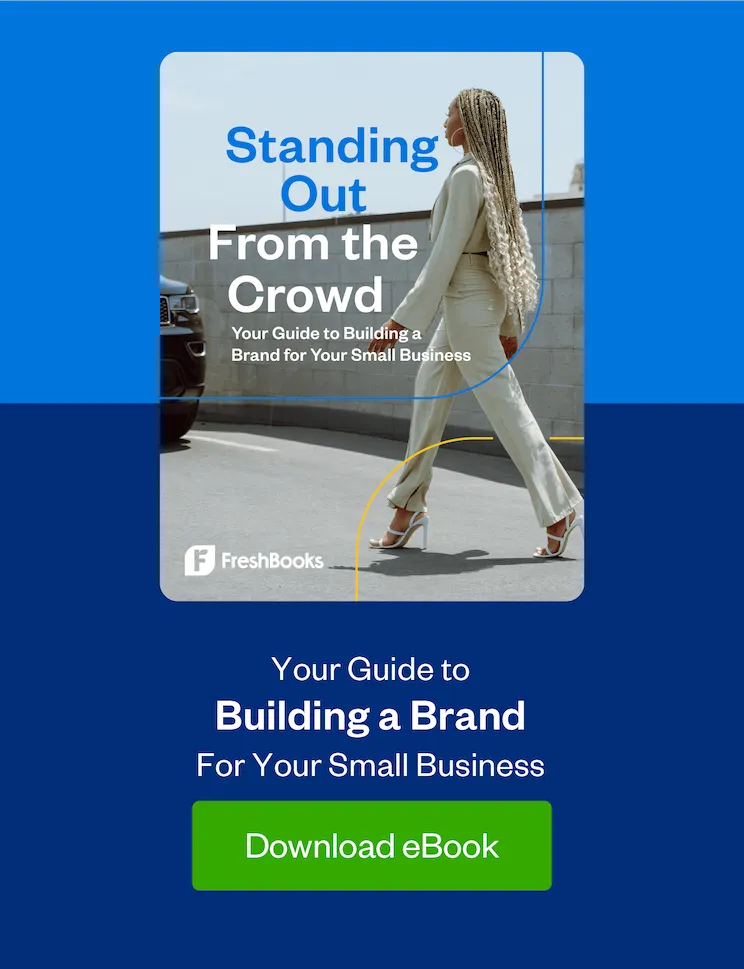We all have dreams and goals we’re striving toward, but not all of us will necessarily achieve them. Why is that?

It often comes down to a lack of clarity. Goal setting will never be successful with vague aspirations—it requires specific clarity around what you’re trying to do and how you’re going to get there.
Crystal clear goal-setting can be really powerful—it’s the type of goal setting that gets you out of bed in the morning and keeps you motivated…for the entire year.
I’ve seen the difference this can make personally: I used to jog a few miles every other day. But after you’ve done anything a number of times, it can start to get boring and it becomes hard to stay motivated. Then one day, while I was out jogging, a giant radio tower in the distance caught my attention. I heard this Gandalf-like voice in my head say ‘run to the tower’. And I ran farther than I’ve ever run in my life. That’s the first time I truly felt the power of this type of goal setting.
Table of Contents
Having a Clear Path Prevents Apathy
When you have a goal you can make steady progress towards, it gives you a sense of achievement and momentum. To set this type of goal, start by dreaming up a compelling vision of the future and get some real clarity around what it looks like to achieve it.
Forge your path (and avoid aimless apathy) by answering these 3 questions:
1. What Work Makes You Come Alive and Who Do You Make it For?
First, envision a future in which you make work for an engaged audience.
Don’t focus on the accolades or awards you might receive. Instead, picture the process of making the actual work you show up and do every single day. It’s the type of work that makes you lose a sense of time and space, the work that makes you happy to be alive. If the actual process of making the work doesn’t get you this excited, you’ve got the cart before the horse.
Next, consider who you’re making the work for. Keep in mind that commercial creative work isn’t only for your enjoyment, it’s also meant to connect with your audience.
Think of it like this: Good creative work is like a gift. It comes from the heart but also considers the person who receives it. Let’s face it, it’s no fun to give someone a gift that they could care less about. So, dream of a reality where you can do life-affirming work for an audience who’d be delighted to receive it.
2. How Will You Measure Your Progress?
Now that you know where you want to go, you need a way to measure your progress and keep yourself on track. If your creative work is a gift, your measures are delivery confirmation. This ability to measure success will translate into a feeling of progress. And that feeling of progress then turns into happiness.
Now, by ‘measure’, I’m not necessarily talking about data and numbers. This ‘delivery confirmation’ can take shape in less tangible ways.
For example, when I first started Creative Pep Talk, although my podcast numbers were steady, they were quite small for a long time. Despite that, I kept getting emails and responses at levels I had never experienced. Numbers can take a long time to build, but you can also measure success based on the quality of your audience’s response right from the start.
Moreover, I loved the process of doing the work; it lit me on fire. If you’re only driven by page views and other metrics but hate the creative process, you’re not on the right journey. You need to find the sweet spot between loving what you do and collecting the data you need so you can make better business decisions.
So, how will you measure your progress? Again, this isn’t about the awards or accolades. Decide how you’ll know that you’re connecting with your audience in the right way, while at the same time, spending time and energy making the type of work that makes you come alive. Give yourself a timeframe as well. Then, write it all down. You’re 42% more likely to achieve your goals just by getting them down on paper.
And remember: Good goals should be in the realm of possibility but also challenging enough to keep you motivated—like that radio tower I wasn’t sure I could reach. So, I encourage you to set goals that are just out of reach so that in order to get there, you’ll have to grow.
3. What Are You Waiting for?
Now, you’re ready to actually make the work. Don’t wait for someone to give you permission, just start doing it. This is the most practical advice I can give.
Remember that now is an exciting time to be doing this. The barriers to entry have never been lower: We have amazing tools right at our fingertips and more meritocracy in the creative world than ever before.
Someone I’m constantly inspired by is Jemaine Clement. From New Zealand and one-half of Flight of the Conchords, he’s a great example of someone who has made so much stuff without getting permission first. He and his partner, Bret McKenzie, wrote great comedy, toured it as a stand-up routine, and eventually turned it into an HBO show. Then, that show manifested many more opportunities.
It’s also important (and inspiring!) to note that they didn’t have a giant ‘go viral moment’ or breakthrough. There was just a series of small breakthroughs. These smaller breakthroughs tend to come to the people who make them happen and don’t wait to be in the right place at the right time. Jemaine proved his genius; he didn’t wait for someone to discover it.
The Magical Art of Goal Setting
I honestly believe this approach to goal setting is sacred and magical. I’ve gone through this process so many times legitimately and honestly and it has come to fruition. And let me tell you, that feeling is so addictive.
I recently listened to Tim Ferris’ interview with Debbie Millman and it’s an amazing example of what happens when the mainstream world and the creative world collide. Debbie Millman is an incredibly talented designer who has done so much for the creative world. In this interview, she describes the very same thing — the magical process of goal setting.
At school, Milton Glaser was one of her instructors and he got the class to go through this same exercise: Dream up a future reality and write down the goals needed to achieve it in the next five years. She describes feeling that same magic and being blown away by her ability to cast a vision and watch it come to be.
As creative beings, this energy is inside of us. We have a unique ability to conjure up new realities, for creating new futures, for clearly visualizing that point on the horizon. I think it’s so profound, so powerful. When you start to think of goal setting this way, you’ll experience a powerful shift in reality. And that’s when you’ll go from life happening to you, to you happening to it.
Listen to the original podcast this article was based on:
This is an archived post from the FreshBooks Blog and was originally published in April 2017.

Written by Andy J. Miller, Commercial Artist & Podcaster
Posted on November 21, 2017







